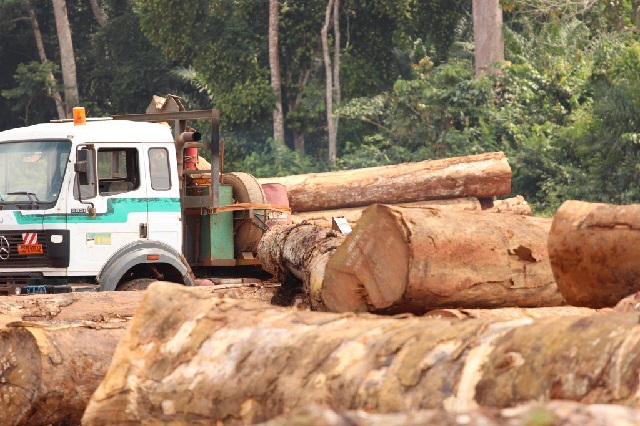
Kampala, Uganda | THE INDEPENDENT | Ugandan government needs to regulate importation of forest products, limiting importation to only those that cannot be produced locally, according to David Duli, country director for the World Wide Fund for Nature (WWF).
Duli said there’s also need to review the forest policy and the law highlighting the importance of trade, its contribution to development and the need to use markets to control trade in illegal produce.
“Any procurement requiring use of timber or other forests products should have evidence of legality and sustainable management of the product source with reference to certified forest sources,” he said in recent joint briefing, adding that procurement entities should demand for timber hammer marks or labeling by forest certification entities as part of the procedure.
Duli said PPDA laws should also provide for application of local content to all undertakings where public funds are involved, and at every stage of the procurement process.
Uganda imports approximately 9,000 M3 of high value mahogany and other sawn timber mainly from the DRC, according to WWF’s 2012 report. Moreover, timber from the neighbouring countries is considered legal once it is received in Uganda, making it difficult to regulate the trade.
This is in addition to different and often conflicting policies and procedures, regarding entry and exit of timber into and from neighboring countries.
A 2014 study indicated that over 80% of the timber traded in the market was illegal causing an estimated annual financial loss of Shs 23bn through unpaid taxes.
Similarly, the Environmental Natural Resources Civil Society Organisation’s Sector Performance Report for 2019 notes that Uganda’s forest products market is characterized by low quality products due to lack of timber and forest products standards in addition to poor technologies for wood processing.
“The law is silent about regulating importation of forest products, but clear in the Local Content provisions as well as Buy Uganda Build Uganda Policy which emphasizes sourcing locally registered businesses, forest products inclusive,” Duli added.
However, Cissy Kagaba, the executive director at the Anti-Corruption Coalition – Uganda said the laws regulating the forest sector are available but not merely enforced.
Uganda’s industrial wood consumption is expected to increase from 1.3 million m3 in 2008 to 1.7 million m3 by 2030 as a country strives to make a headways economically , heavy investment in infrastructure and oil and gas development that require forest products, according to the available statistics.
 The Independent Uganda: You get the Truth we Pay the Price
The Independent Uganda: You get the Truth we Pay the Price





